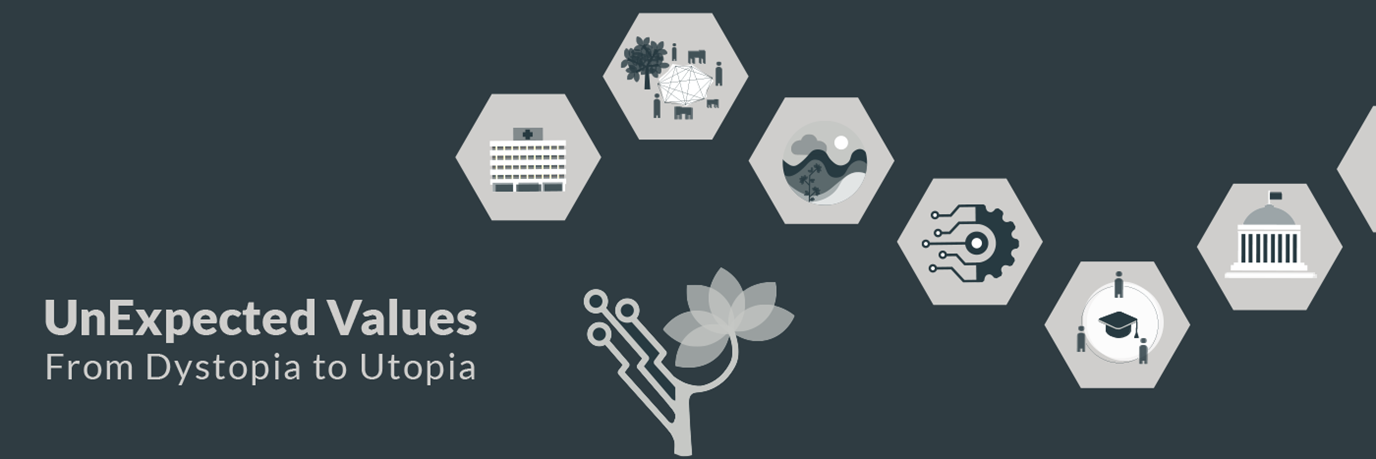Policy advisor: Risking rigor for real-world impact

Context:
A proposal has landed on your desk: to create an Innovation Lab where students work with communities to tackle real-world issues like climate justice or equitable cities. The lab would operate outside traditional teaching formats and grading systems. While some faculty support its transformative potential, others see it as a misuse of resources, too radical, and a threat to academic rigor.
Dilemma:
A) Support policy reforms that legitimize the Lab’s model
B) Limit the Lab to a tightly controlled pilot with approved partners and outputs that fit existing grading systems.
Story behind the dilemma:
The Chalmers Challenge Lab in Sweden is a pioneering initiative that blends engineering and sustainability education through Challenge-Based Learning (CBL). It offers a unique MSc thesis course where students from different disciplines collaborate with local stakeholders—governments, NGOs, companies—to tackle real-world sustainability challenges. The lab emphasizes back-casting from sustainability principles, systems thinking, and multi-stakeholder dialogue. Students co-develop research questions, grounded in regional issues like urban development or energy, and work in a shared physical space fostering peer learning and transdisciplinary exchange.
Unlike traditional academic settings, the Challenge Lab operates as a neutral arena, located between campus and a science park, to bridge academic knowledge with societal needs. Faculty from multiple departments support the lab, offering guidance in transformative leadership, sustainable design, and policy engagement. The lab’s pedagogical goal is not just to design solutions but to train students in framing complex problems and navigating competing perspectives. It goes beyond typical thesis work to develop competencies such as communication, collaboration, ethics, and entrepreneurship—skills increasingly expected of future engineers.

